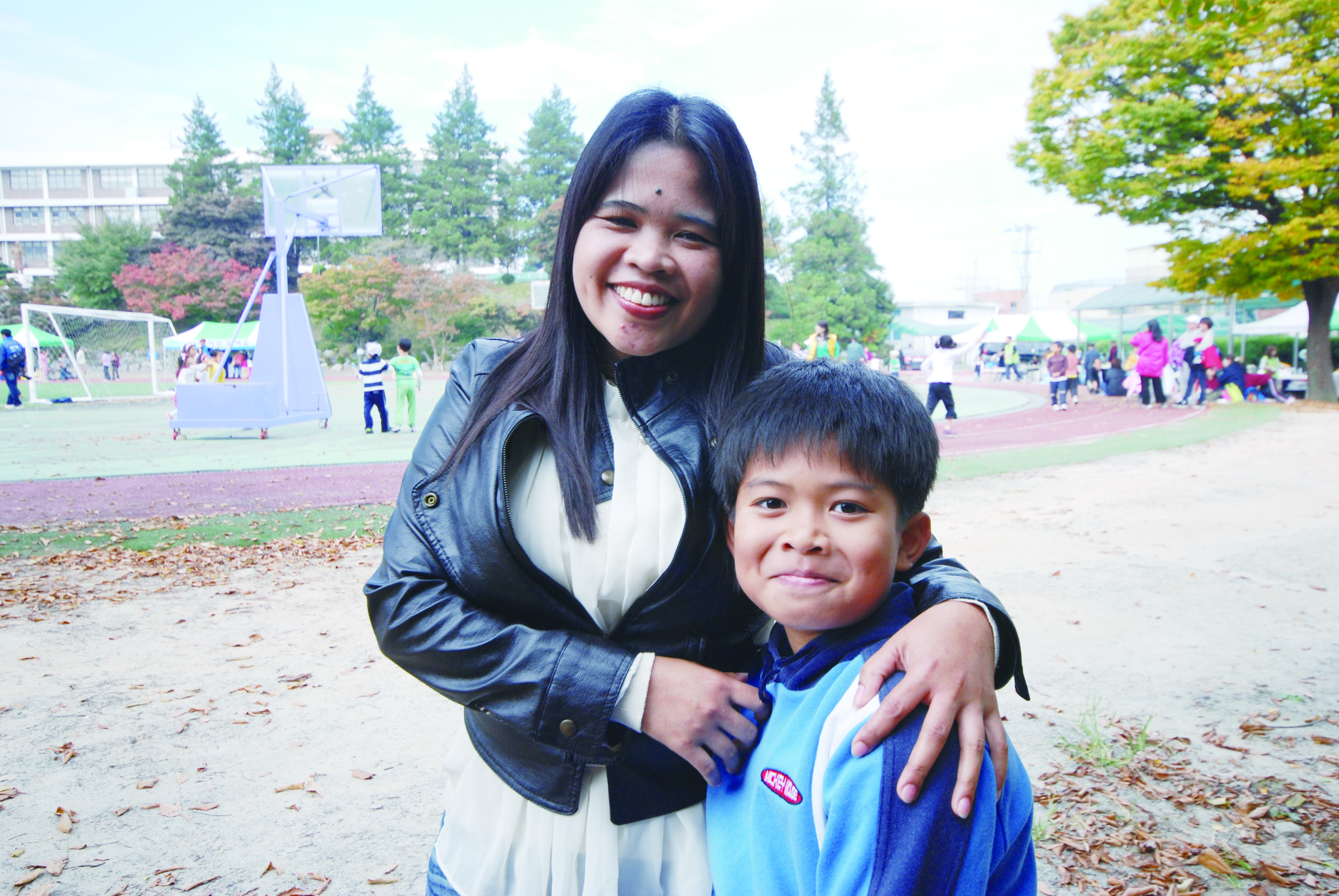 Nowadays, people can easily see public service announcemnet on the theme of multi-cultural families. This phenomenon shows that multi-cultural families are an important issue in Korea. To make a better society for them, it is necessary for all of us to understand their lives. CBT visited a field day event which was held by the Multi Cultural Family Center to listen to their stories. While there, we met and talked with a staff member of the center and also members of multi-cultural families.
Nowadays, people can easily see public service announcemnet on the theme of multi-cultural families. This phenomenon shows that multi-cultural families are an important issue in Korea. To make a better society for them, it is necessary for all of us to understand their lives. CBT visited a field day event which was held by the Multi Cultural Family Center to listen to their stories. While there, we met and talked with a staff member of the center and also members of multi-cultural families.Kishi Nasumi (A staff member of Multi Cultural Family Center)
When we saw Nasumi, we were surprised by the fact that she is Japanese. Before meeting her, we mistook her as Korean because of her fluency in Korean over the phone. She had lots of interest in cultural exchanges between Korea and Japan, so she started her career in the Multi Cultural Family Center where she handles everything.
"Living in an unfamiliar environment is hard for foreigners. Nevertheless, in this situation, we can hone our strengths. Through the activities, we work as members of Korean society and this makes us feel worthwhile." As she said, they work in various fields by using their advantages. For example, Philippinos teach English in school for after school programs and the Japanese introduce their culture.
Assistance in daily life is more essential than in formal and occasional events for multi-cultural families. "According to my experience, it is difficult to make the first move to Koreans. So, please take the initiative with foreigners if you have neighbors from other countries. Although they are not good at expressing gratitude, they will sincerely appreciate your goodwill."
Carnites Eleonor (A member of a multi-cultural family)
Carnites Eleonor met her present husband and married him in the Philippines. After living there for a while, she came to Korea with her husband. She has been living in Korea for 11 years.
The most impressive thing for her in Korea is snow because her native country is located near the equator, so there is no snow. "I saw snow for the first time in Korea. It was very beautiful and surprising. I also made a snowman, and that was exciting. That is an unforgettable memory."
The hardest thing for her living in Korea is to overcome language barrier. "I can not speak Korean well, so conversation with Koreans is difficult and misunderstandings occur frequently. In addition, due to my lack of Korean skills, teaching my children is also troublesome. I can teach math and English, but I can not teach Korean dictation and social studies." Along with this, it is also tough to live apart from my family in the Philippines. "I miss them a lot especially when I am sick or when I am parenting my children. If I lived together with them, they would help me a lot mentally and physically. Today, I just hope that my children will grow up healthy and we will live together happily."
Cheon Kyeong-jin (A child of a multi-cultural family)
After finishing Eleonor’s interview, we asked to interview her son, Kyeong-jin. After a while, a boy with a bashful smile came out. He is in fifth grade in elementary school. These days, he is worried about studying social studies and science subjects. For supplementary classes, he goes to a private educational institute. He learns English from his mother. He said, “I am proud of my mom, who is good at English!” Therefore, we guessed that he used English a lot in his daily life. However, he avoids speaking in English. He said, "In school, when I speak English, some friends call me 'foreigner'. It makes me feel bad." Hence, Kyeong-jin answers in Korean even when his mother asks something in English at home. He wants to become a comedian in the future. He said, "Laughs from other people make me happy!"
By Lee Su-jin
sj30@cbnu.ac.kr


 All
All Feature
Feature






 이수진
이수진











